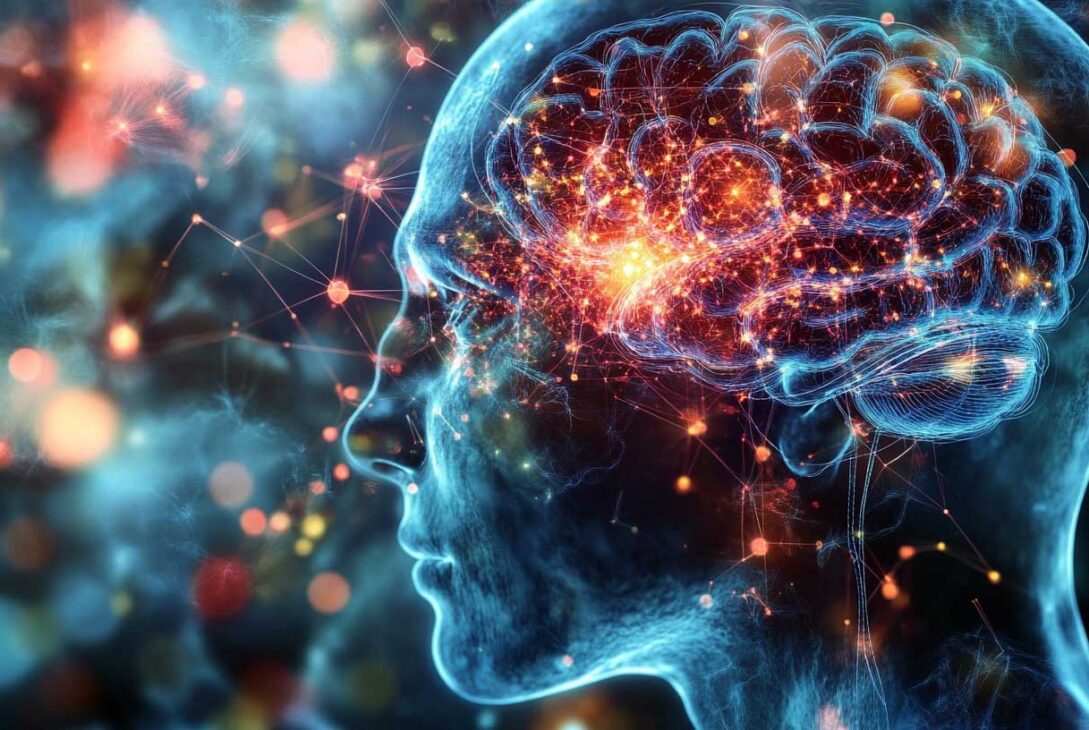Introduction
Huntington’s Disease (HD) is more than just a medical diagnosis; it’s a journey filled with challenges and uncertainties for patients and their families. Characterized by involuntary movements, cognitive decline, and emotional disturbances, HD takes a toll on every aspect of life. Traditional treatment options often fall short, leading many to seek alternative therapies. Among these alternatives, Delta-9 Tetrahydrocannabinol (THC), a psychoactive component of cannabis, is gaining attention. This guide explores the potential benefits of Delta-9 THC in managing the symptoms of Huntington’s Disease, providing insights into its mechanisms and the current state of research.
Understanding Huntington’s Disease
Huntington’s Disease is caused by a genetic mutation that affects the Huntingtin (HTT) gene, leading to the progressive degeneration of nerve cells in the brain. This disorder is inherited in an autosomal dominant pattern, meaning that a single copy of the mutated gene can cause the disease. Affecting approximately 5-10 individuals per 100,000 population, HD presents a complex array of symptoms that can feel overwhelming.
Key Symptoms of Huntington’s Disease
The symptoms of Huntington’s Disease can be grouped into three main categories:
- Motor Symptoms: These include involuntary movements such as chorea (irregular, unpredictable movements), dystonia (sustained muscle contractions), bradykinesia (slowness of movement), and rigidity.
- Cognitive Disturbances: Individuals may experience deficits in executive functions, difficulty with planning and organization, memory loss, and, in advanced stages, dementia.
- Behavioral and Psychiatric Symptoms: Mood swings, anxiety, depression, and psychosis are common, significantly affecting the emotional well-being of sufferers and their families.
Delta-9 THC and the Endocannabinoid System
Delta-9 THC is one of the primary active compounds found in cannabis. It interacts with the body’s endocannabinoid system (ECS), a complex network of receptors and chemicals that helps regulate numerous physiological processes essential for balance (homeostasis). The ECS impacts mood, memory, pain, and motor function, making it a critical player in the potential treatment of neurological disorders.
When Delta-9 THC binds to the cannabinoid 1 (CB1) receptors in the central nervous system, it modulates neurotransmitter release. This interaction may provide therapeutic benefits to individuals struggling with various symptoms of Huntington’s Disease.
Potential Benefits of Delta-9 THC for Huntington’s Disease
Enhancing Motor Functions
One of the more promising areas of research regarding Delta-9 THC is its impact on motor function. Studies have indicated that THC may alleviate rigidity and improve mobility, two significant issues faced by individuals with Huntington’s. One study highlighted that patients who were administered cannabinoids reported better motor control, enhancing their daily activities and overall quality of life.
Neuroprotection
Preliminary studies suggest that Delta-9 THC may offer neuroprotective properties. By engaging with the endocannabinoid system, THC has the potential to shield neurons from damage, which is particularly relevant in the context of a disease that systematically degenerates nerve cells. While the data is still emerging, the neuroprotective qualities of cannabinoids present an exciting avenue for future research.
Reducing Inflammation and Pain
Delta-9 THC also possesses anti-inflammatory properties, which can help manage the inflammatory responses associated with Huntington’s Disease. By reducing the secretion of proinflammatory cytokines—proteins that signal inflammation—THC may contribute to an overall reduction in pain and discomfort. This is particularly significant for advanced HD patients who experience chronic pain.
Addressing Other Symptoms
In addition to the more prominent symptoms, THC can also help manage a variety of other symptomatic concerns, including:
- Anxiety and Depression: Many patients report that THC improves mood and reduces anxiety, offering a sense of relief in an otherwise challenging situation.
- Insomnia: THC has been noted for its ability to help with sleep regulation, providing physiological relaxation that leads to improved sleep quality.
- Loss of Appetite and Nausea: One of the more common side effects of HD medications is loss of appetite. THC can stimulate hunger and relieve feelings of nausea, making meal times more manageable.
Current Research and Promising Outcomes
While research into Delta-9 THC and Huntington’s Disease is in the early stages, a number of studies have presented optimistic findings. In particular, a study published in the Journal of Neuroscience indicated that low doses of THC appeared to enhance motor abilities in patients with early-stage HD. Although exciting, more extensive clinical trials are necessary to confirm these outcomes and address the potential risks involved.
Challenges and Risks
The potential benefits of Delta-9 THC come with challenges that cannot be overlooked:
- Cognitive Impairments: One of the significant risks of THC use is its potential to impair cognitive functions, including memory and attention.
- Legal Hurdles: The legality of THC varies widely across regions, which can complicate treatment accessibility.
- Dosage and Administration: Finding the right dosage is crucial. Too much THC can lead to increased sedation or hallucinations, while too little might not yield benefits.
Conclusion
Delta-9 THC presents a promising option for enhancing the quality of life for those living with Huntington’s Disease. Its ability to potentially improve motor functions, provide neuroprotection, and alleviate symptoms such as pain and anxiety could offer essential support for patients navigating the challenges of this condition. However, continued research is necessary to clarify its efficacy and safety in the long term.
As patients and families explore therapeutic options, consulting healthcare professionals and considering participation in clinical trials can be vital steps. The exploration of Delta-9 THC’s therapeutic potential in Huntington’s Disease reflects a broader trend toward integrative medicine, prioritizing patient-centered care amidst a landscape of evolving treatment options.
Actionable Tips for Patients and Families
- Consult Healthcare Professionals: Always discuss the use of Delta-9 THC with your healthcare provider. They can provide personalized insights and recommendations.
- Participate in Clinical Trials: Engaging in clinical research helps advance understanding and may provide access to emerging therapies.
- Monitor Dosage and Effects: Keep track of how THC affects your symptoms and any side effects you encounter to optimize your treatment experience.
Future Directions
Ongoing research surrounding Delta-9 THC and its effects on Huntington’s Disease promises to uncover more about its therapeutic potential. As we continue to unravel the complexities of cannabinoid therapy, it’s essential to maintain a focus on safety, efficacy, and patient-centered approaches. Supporting research efforts will provide clearer insights into the role of Delta-9 THC in managing Huntington’s Disease, paving the way for future healing possibilities.





















